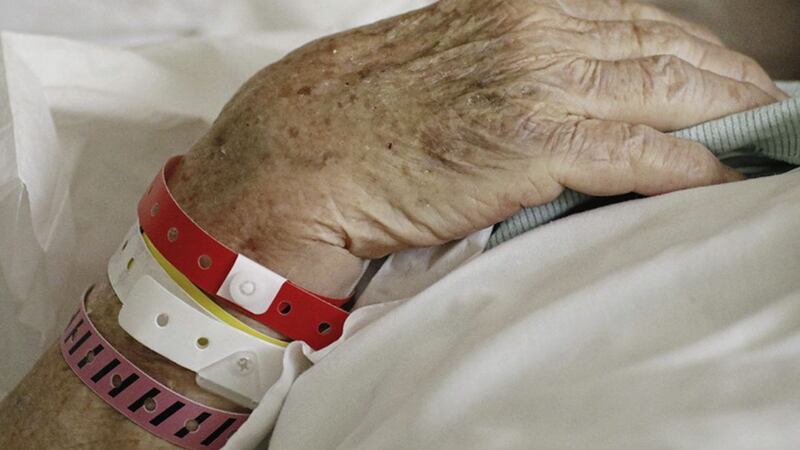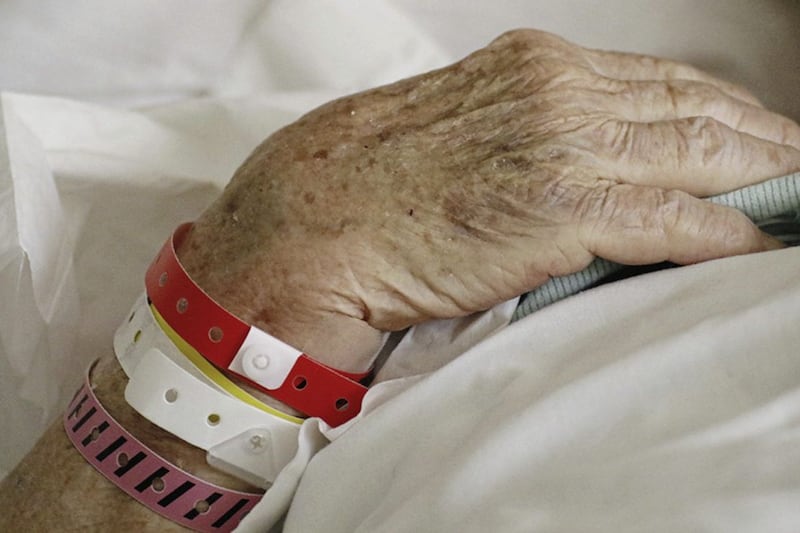MORE than half of appeals over Personal Independence Payment (PIP) are successful, leading an independent review to recommend medical reports be considered at an early stage.
Walter Rader's report, commissioned by the Department for Communities, which was published yesterday, notes that a major difference between initial assessments and appeals is the availability of GP reports for the latter.
Mr Rader noted 52 per cent (1,917) of appeals "resulted in a more advantageous outcome for the claimant".
It also recommends the eligibility criteria be reformed for fast-track access to benefits for terminally ill people, welcomed by nursing charity Marie Curie.
Under the current system, only people with a diagnosis of six months or less to live can apply for PIP special rules, allowing them to access benefits within two weeks and without a face-to-face assessment.
Marie Curie had argued the criteria is too restrictive and point to the difficultly in predicting life expectancy for many terminal illnesses - leading to legitimate claimants being excluded.
If not `fast-tracked', terminally ill patients wait, on average, more than three months for applications to be processed.
Joan McEwan of Marie Curie NI said said the recommended new model, based on clinical judgement "is much more compassionate and would allow many more terminally ill people to get the help they need when they need it".
SDLP social justice spokeswoman Nichola Mallon welcomed it, along with the recommendation for audio-visual recordings of all assessments.
"This will help resolve common disputes about the accuracy of assessment reports and will afford protection to both claimants and capita staff," she said.
Also recommended is specialist training for assessors in specific conditions and a list of conditions which would qualify for a paper-based, rather than face-to-face review.
However, the Law Centre, which provides specialist legal services to disadvantaged people, warned "important opportunities for reform have been missed", including that assessors give "due weight" to evidence from carers.
A spokeswoman said a Freedom of Information request revealed almost one in 20 assessors reports "have been found not to be fit for purpose".
The Law Centre also said the "ineffectiveness of the complaints process" had not been tackled, with its success rate at appeal as high as 89 per cent, while that of complaints is 0 per cent.
The department said it "will now fully consider all of Mr Rader's findings and will publish a response in the autumn".








